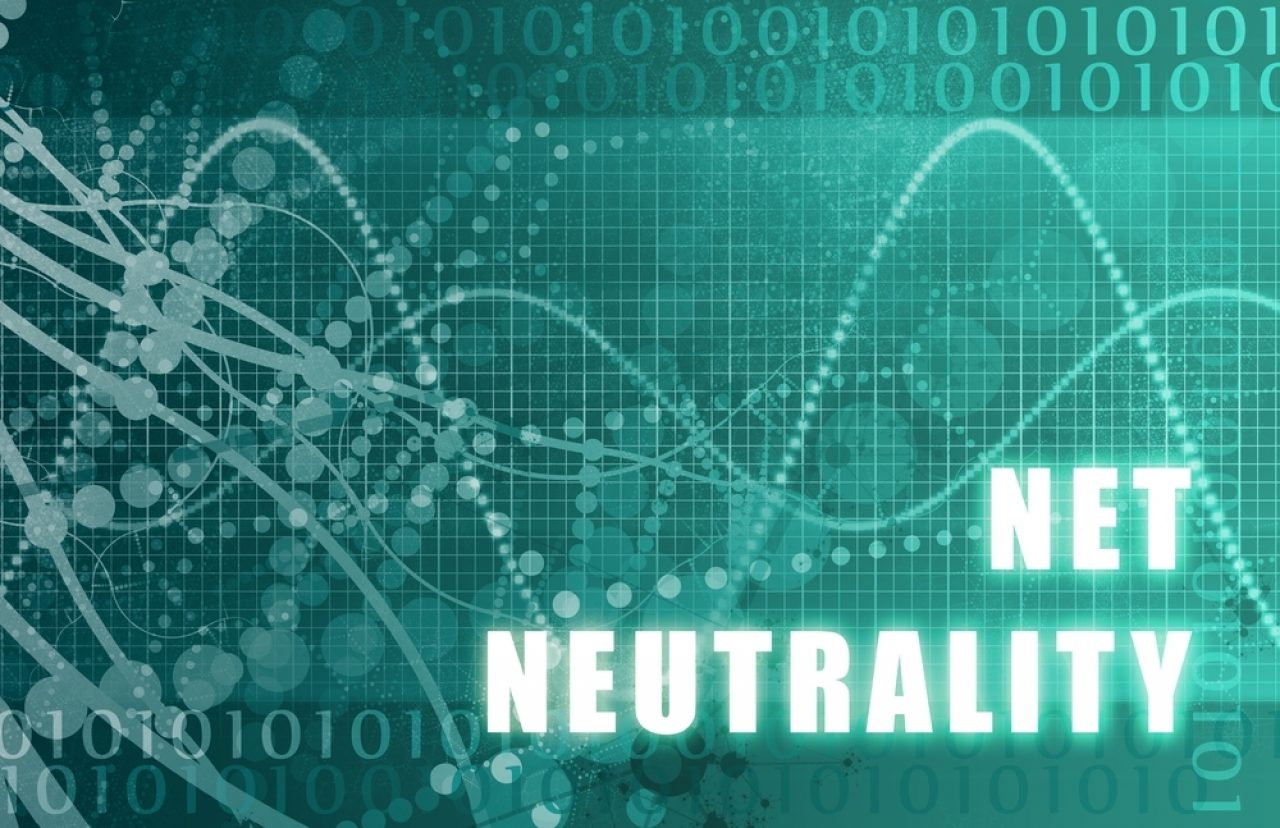What Is Net Neutrality?
Network neutrality is an idea that's haunted the Internet since the beginning. As with radio and television, all Internet users deserve equal and complete access to online information, no matter whether you use Verizon, Comcast, or another ISP to connect to the Internet.
Network neutrality is an idea that's haunted the Internet since the beginning. As with radio and television, all Internet users deserve equal and complete access to online information, no matter whether you use Verizon, Comcast, or another ISP to connect to the Internet. Internet service providers should be "neutral" to the content their customers consume. For example, if you are shopping for a new TV online, you should be able to shop on any and all websites, not just the ones with whom your provider has a preferred business relationship. Or if you want to use your high-speed Internet connection to make phone calls, your provider should not be able to impede your ability to do so.
"Thanks for watching that YouTube video! That will be 50 cents, please." Sound unrealistic? It's actually a distinct possibility, after a Federal appeals court struck down an Federal Communications Commission (the FCC) ruling meant to prevent an Internet service provider from prioritizing some website traffic over others. Because that rule was wiped off the books, those Internet service providers are suddenly able to do just that. With service providers suddenly able to charge based on the type of content you watch or the sites you visit, it's easy to imagine a system like that of today's cable television market. Want HBO? It's an extra $5. Want our streaming video package, with YouTube, Hulu, TV.com, and more? That's another $5.
Adopted by the FCC in late 2010, open Internet regulations are supposed to provide a set of rules to ensure that broadband service providers preserve open access to the Internet. In 2011 after the FCC's rules were published and set into action, Verizon Communications challenged those rules in court, arguing that the FCC had no authority from Congress to impose such rules and that the rules stymied its First Amendment rights. Federal Court of Appeals for the DC Circuit ruled in a 2-1 decision that even though the FCC has the authority to regulate broadband access, it based these rules on a flawed legal argument. In other words, the FCC based its Net neutrality regulation on a law that does not apply to broadband providers. Specifically, the court said that since the FCC has classified broadband providers differently than it has classified telecommunications providers, it cannot use statutes that pertain to telecommunications services as a basis for regulation on broadband services.
Whether you think this decision is a good thing for the average Internet consumer depends on which side of this political debate you sit on. As with most major court decisions, there won't be any immediate fallout, and it's unlikely anything will change for consumers right away. But this court decision does pave the way for changes in Internet service business models in the future, and that could have a huge effect on the services that consumers use. Broadband service providers claim that these new services and business models will benefit consumers by offering better service quality or defraying costs. Broadband providers also claim having this freedom to establish new lines of revenue will enable them to invest more in their networks, which ultimately benefits consumers.
Net neutrality is definitely a polarizing political issue. Do you have any thoughts on the topic? Be sure to comment.

 Member Connect
Member Connect